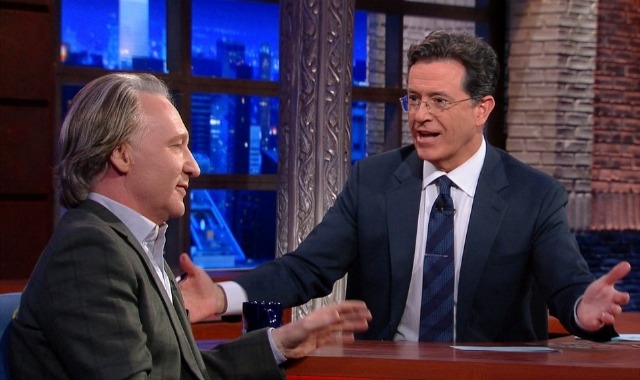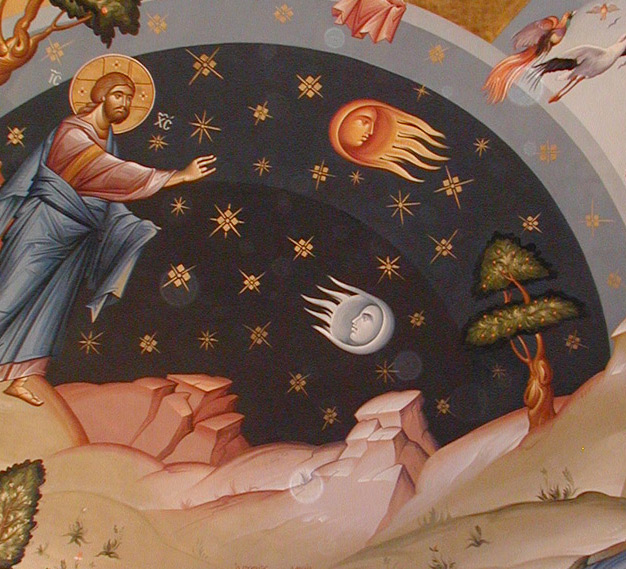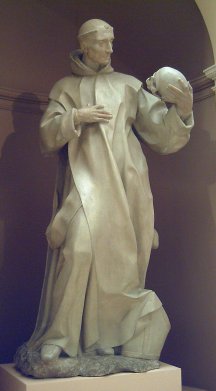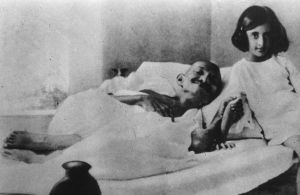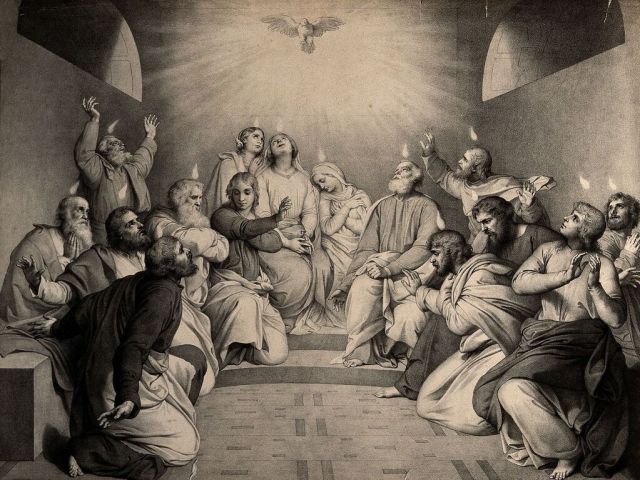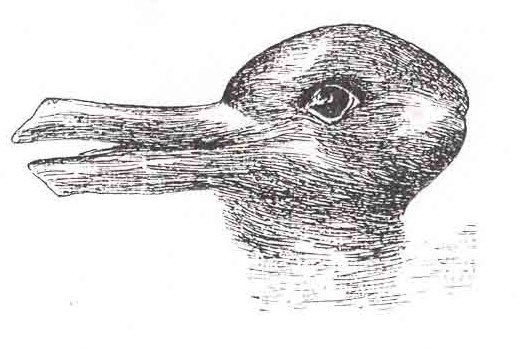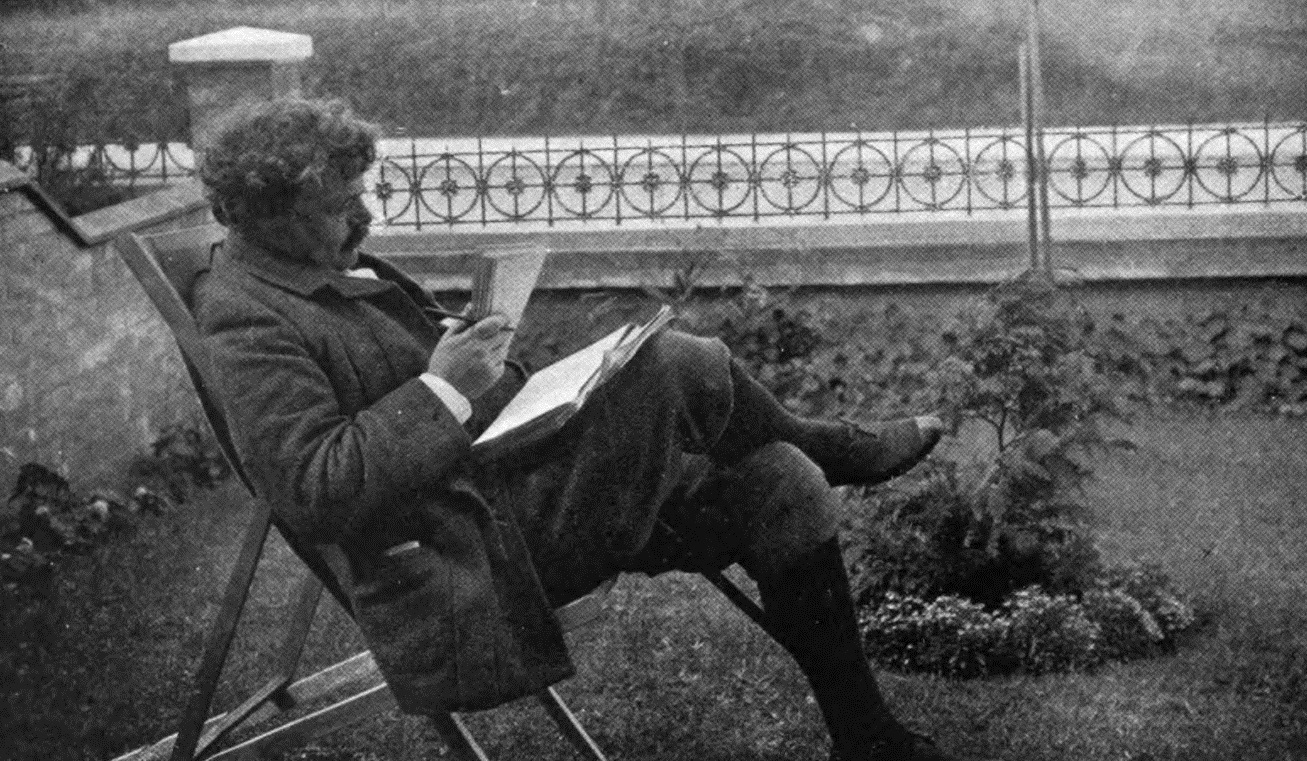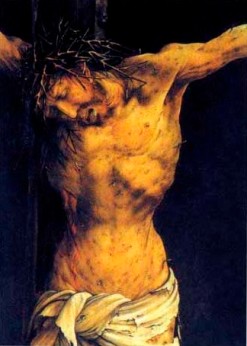“At that very moment he rejoiced [in] the holy Spirit and said, ‘I give you praise, Father, Lord of heaven and earth, for although you have hidden these things from the wise and the learned you have revealed them to the childlike. Yes, Father, such has been your gracious will.'” –Luke 10:21
“I am called wise, for my hearers always imagine that I myself possess wisdom which I find wanting in others: but the truth is, O men of Athens, that God only is wise; and in this oracle he means to say that the wisdom of men is little or nothing…” -Socrates (Apology)
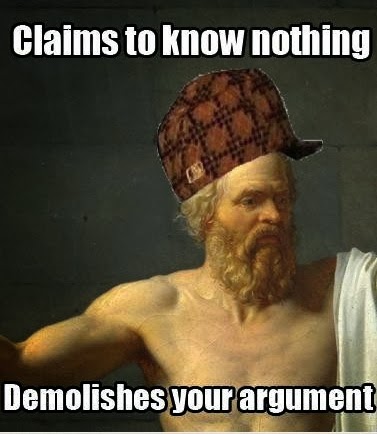
Scumbag Socrates
A Sunday School student recently inquired about the above referenced Scripture passage: Why is being childlike better than being wise and learned? Wasn’t Solomon really wise? Reflecting on these questions has proven to be enlightening. And, no, the irony is not lost on me that they were in fact proposed by a child.
There have no doubt been great peaks in human history with regards to wisdom and learning. Having the benefit of building upon previous advances and discoveries, we can anticipate even greater examples of human genius to come. And with each successive development we can be certain that humanity will proportionately grow more and more confident in its own understanding.
This confidence in our own understanding is itself rarely, if ever, examined, though. And herein lies true “wisdom” as exemplified in Socrates. This is not to discount or discourage our pursuits of knowledge, but we must do so with the acknowledgement that our understanding by nature will necessarily be inadequate and limited.
True wisdom recognizes this ultimate limitation of our comprehension. It’s understandably disconcerting to question the confidence we have in our own understanding. Yet, this recognition most lucidly highlights the role that faith plays in our lives. Having faith isn’t about not thinking; on the contrary, faith is the natural, often intuitive, response to thinking maximalized. The question becomes: Where does our understanding properly concede to faith? In other words, to what (or whom) do we give our faith?

The wisdom of Solomon…which, coincidentally, may entail advocating children be chopped in half.
Christianity has the advantage of having unmitigated divine revelation through the person Jesus Christ. Because of this extraordinary revelation, our realm of understanding was greatly expanded, more so than we could ever accomplish on our own. Anybody who has ever studied the logical and elaborate depths of St. Thomas Aquinas’ writings could easily recognize this. But even St. Thomas, after being granted an experience of mystical grace, came to recognize that all of his great and encompassing work was mere “straw” when compared to ultimate reality. Even the aforementioned Solomon in all of his wisdom cautioned that we should trust not in our own understanding.
Children, in contrast to the self-confidence of the “wise and learned,” are by necessity imbued with an intellectual humility and this is the stance we must try to maintain as advocated by our Lord. A regretful and unfortunate example of the egoism of human understanding is evident in the conflicted fragmentation of much of Christianity, particularly following the Protestant Reformation. With the emphasis on personalism, how could it not be so? The Protestant Christian is essentially left to his own devices (or that of a preferred pastor) with the unsurprising result of denominationalism or the reduction to the ambiguousness of “non-denominationalism.”

I guess not everything can be ambiguous.
Are we really to believe that Jesus Christ came to establish Christianity only to leave us to fall back again on our own limited understanding? In keeping with the intention to maintain childlikeness, we of course admit to having a father, a heavenly Father in fact, but the analogy is not complete without a mother. It is no coincidence that Catholic Christians refer to the Church as Mother, and rightly so, for she was endowed with the authority of Christ. With our Father’s revelation and our Mother’s guidance we are not left to solely lean on our own limited understanding. We can therefore humbly recognize our true purpose and trustingly respond as true children of God.
